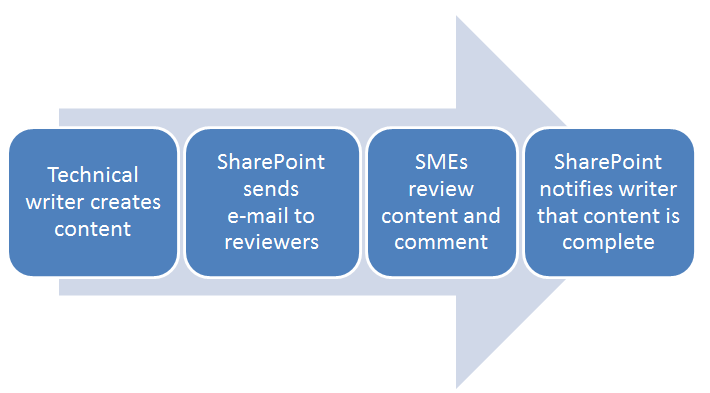Have you ever gone through a job interview on the phone that seems to have gone well and then it falls flat when the hiring team meets you in person?
What happened? Perhaps you didn’t sell yourself well? Were your salary expectations too high? Or was the team mostly in their twenties and didn’t think you’d be a “good fit” because of your age?
I haven’t experienced ageism first-hand but Silicon Valley is infamous for its discrimination of older workers. In a New Republic article called “The Brutal Ageism of Tech,” author Noam Scheiber writes: “Silicon Valley has become one of the most ageist places in America. Tech luminaries who otherwise pride themselves on their dedication to meritocracy don’t think twice about deriding the not-actually-old. ‘Young people are just smarter,’ Facebook CEO Mark Zuckerberg told an audience at Stanford back in 2007.”
Andrew Davis, a recruiter of technical writers and trainers, sees age-related discrimination first-hand and helps job candidates resolve these issues. In a recent webinar, he said that hiring teams and managers may be concerned about hiring workers for the following reasons:
- Cultural fit: Managers and teams want workers to share the same work styles. “They (the hiring team) works long hours. They don’t have lives or balanced lives. And they often want you to drink the Kool-Aid,” said Davis, who runs Synergistech Communications in California.
- Health: Organizations in the U.S. may worry about the health costs for insuring an older worker. In Canada, hiring managers and teams may be similarly concerned about the health and the energy level of an older candidate.
- Tolerance for chaos: Some teams love the adrenaline rush of not deciding on a given path, whether it’s the name of a product, a technology to use, or a user interface to select. In contrast, older technical writers may not enjoy the prolonged ambiguity. Sometimes justifiably, experienced writers may feel that the indecision hampers their ability to meet deadlines.
- Flexibility: Members of start-ups entertain the cheaper tools such as wikis and open source content management systems. Older workers may bristle at the idea of using these tools when, in their view, there are superior and well-established (but more expensive) tools available. In addition, teams at start-ups may want a new hire to wear many hats, such as technical writer, marketing writer, and e‑learner specialist. Older workers may not embrace being a generalist. In my experience, finding a niche is a better career strategy.
- Open seating paradigm: If the organization uses an open-concept seating model, the team may see this as a way to increase spontaneity and foster communication. For the older candidate, all this spontaneity feels like endless interruptions that thwarts one’s ability to write.
Also, I would add to Davis’s list “complacency.” I have known colleagues who challenge themselves in their careers and nab a desirable job with a sought-after title. Maybe the job is a Technical Communications Manager role. Perhaps it’s a Senior Technical Writer position. After they settle into the new role and demonstrate success for some period of time, they appear to stop learning. It’s as if they’ve reached their goal and don’t want to push themselves anymore. I wrote a blog entry about complacency.
Techniques to land the job
Despite some of the perceived shortcomings of being older, an experienced worker adds value to an organization in a myriad of ways. Here are some qualities that Davis mentioned:
- Efficiency and focus: Experienced workers know what methodologies and techniques work and when to apply them.
- Pacing: Seasoned workers know how to pace themselves without burning out.
- Self-awareness: Veterans understand their strengths and weaknesses and when to seek help.
- Clarity: Experienced workers know when and how to set clear expectations.
If you are an older worker and feel that ageism may be a factor in the hiring decision, Davis recommends that you put the needs of the hiring teams first, don’t lecture or bully with experience, earn trust, make the hiring teams look good, and find ways to become indispensable. A few years ago, I read marketing guru Seth Godin’s book Linchpin: Are You Indispensable? Well worth the read.
Have you experienced ageism? Were you able to overcome the hiring team’s objections?


 I have worked as a
I have worked as a